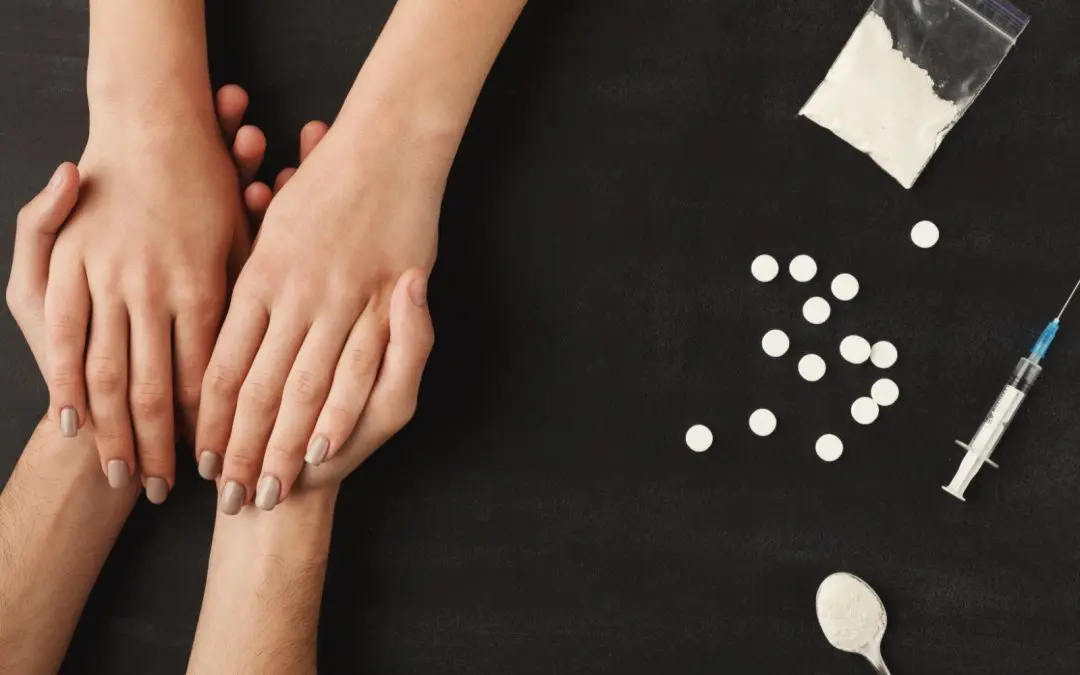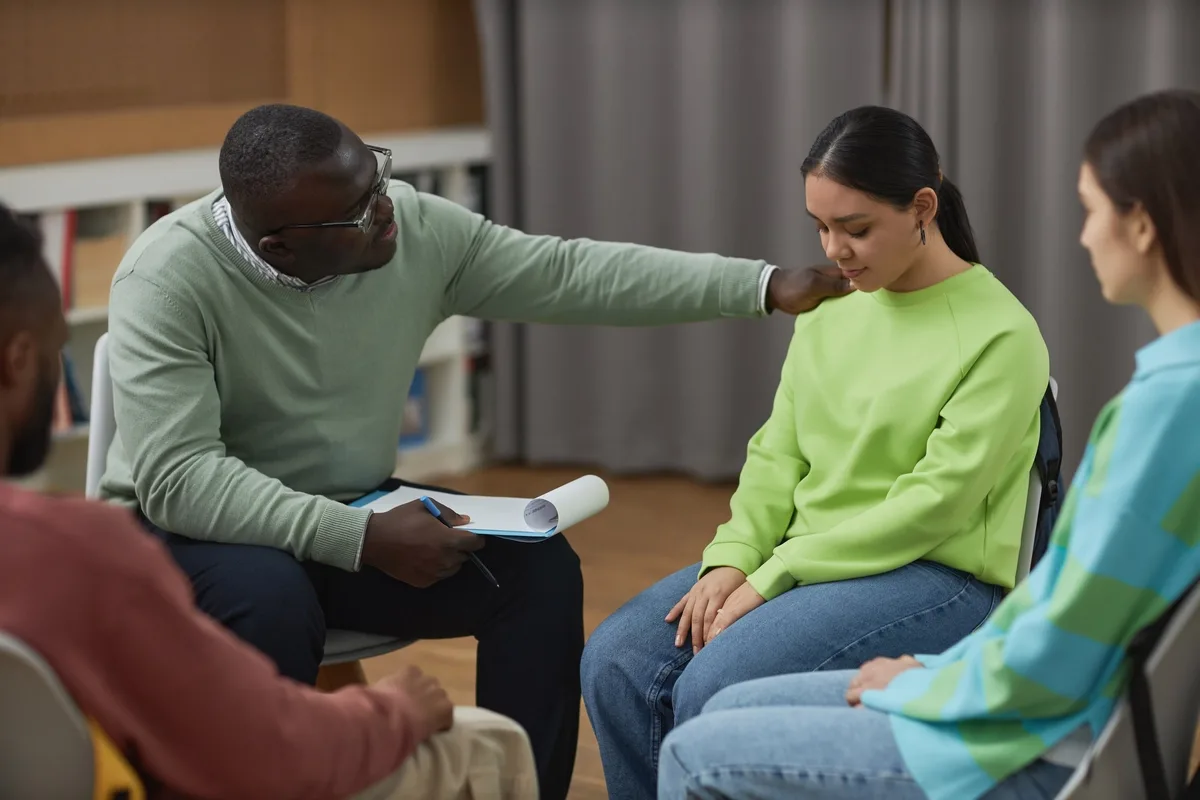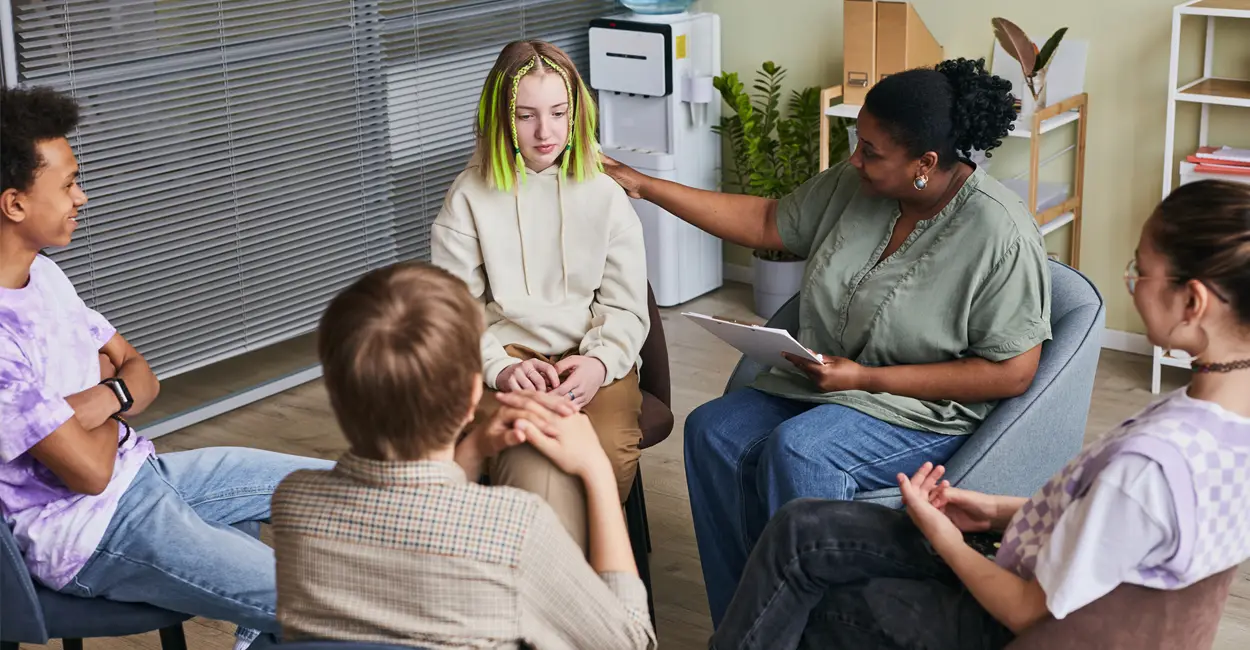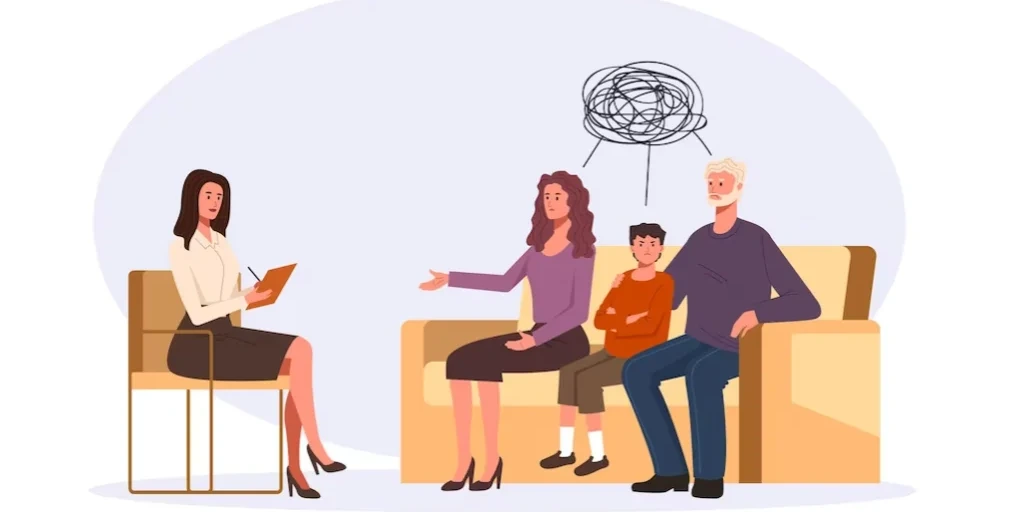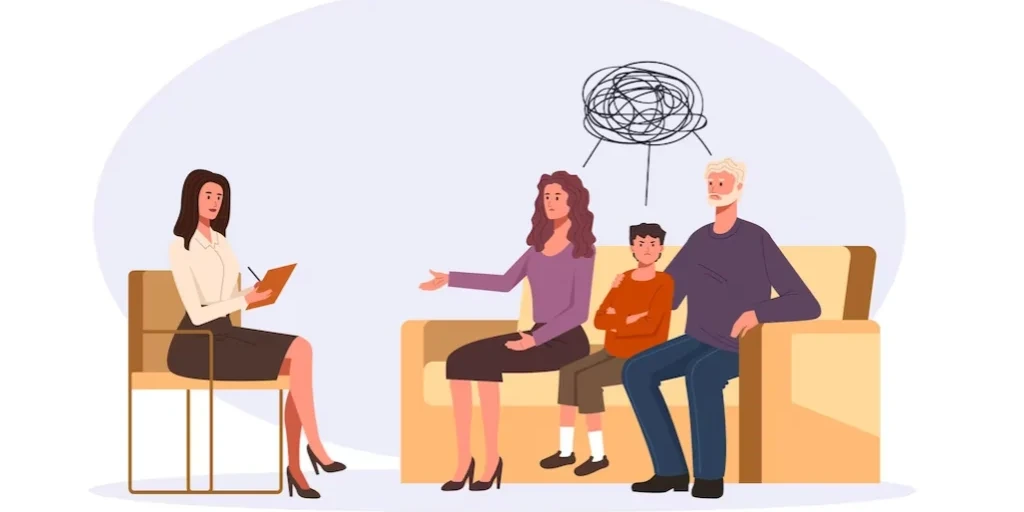24/7 Helpline:
(866) 899-221924/7 Helpline:
(866) 899-2219
Learn more about PTSD Rehab centers in Marion County

Other Insurance Options

Private insurance

UnitedHealth Group

Choice Care Network

Sliding scale payment assistance

Ambetter

Holman Group

Horizon Healthcare Service

UMR

Cigna

American Behavioral

Magellan Health

Amerigroup

Lucent

Health Net

Oxford

Sutter

BHS | Behavioral Health Systems

Regence

Excellus

Optum
